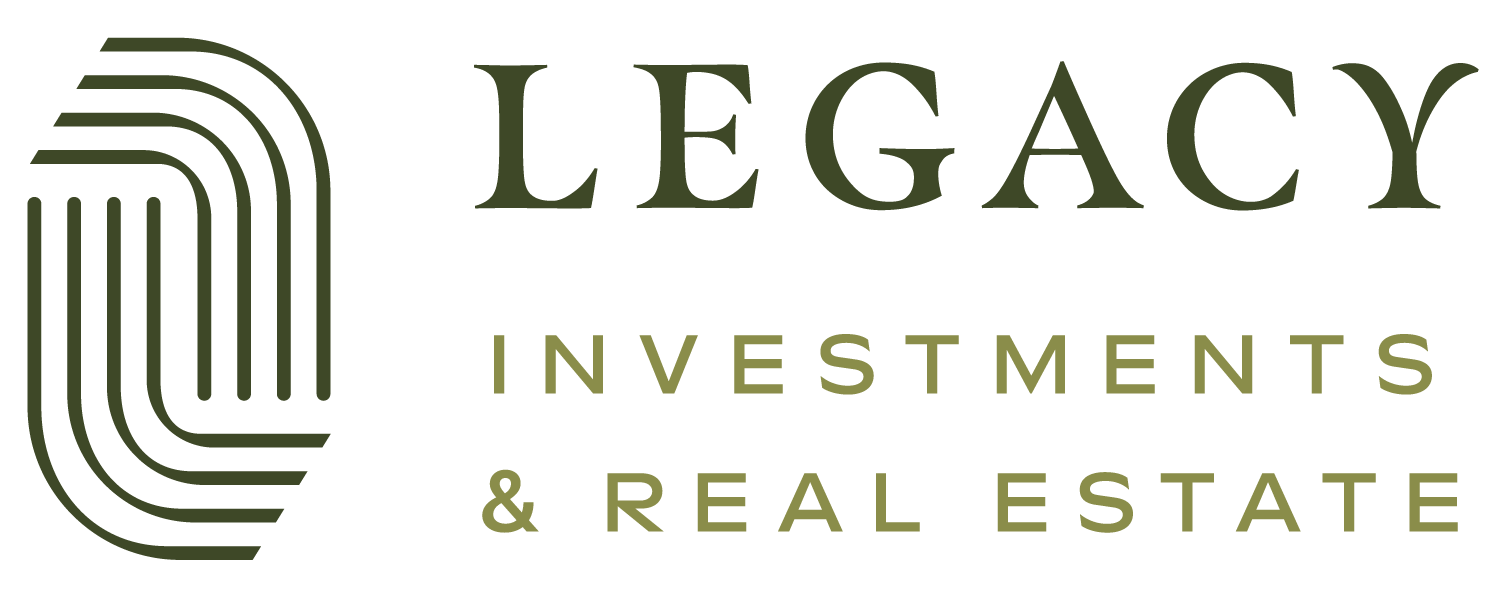Don’t miss the QOZ Program September 11th Deadline for the Investment of 2023 K-1 Partnership Gains
The Qualified Opportunity Zone (QOZ) Program offers tax incentives in exchange for long-term capital commitment to designated communities across the United States. To receive these tax benefits, eligible capital gains need to be reinvested into a Qualified Opportunity Fund (QOF). Check out our Opportunity Zone resource to learn more about the history of the QOZ Program and the potential benefits for investors.
After the sale of an asset, investors typically have 180 days to invest in a QOF. However, the final program regulations issued by the IRS in December of 2019 provide additional flexibility for gains realized at the partnership level that are passed through to a limited partner (LP) via a Schedule K-1 IRS tax form.
Under the QOZ Program’s final regulations, investors with K-1 gains have three options for calculating their 180-day window:
180 days starting with the date the asset is sold by the partnership
180 days beginning on the last day of the partnership’s taxable year (December 31st for a calendar-year partnership)
180 days starting on the date the partnership’s tax return is due, without any extension (March 15th for a calendar-year partnership).
Because of this, investors with K-1 partnership gains realized anytime in 2023 may still be eligible to participate in the QOZ Program along with the associated tax benefits until September 11, 2024.
Give our team a call to learn more about addressing K-1 gains and how to take advantage of this time-sensitive opportunity.
At Legacy, we work with you to build an investment strategy tailored to your unique goals, schedule, skill level, and finances. Our knowledgeable team can help you determine if QOFs align with the legacy you want your investments to build.
Legacy Investments & Real Estate is your partner in passive real estate.
We are passionate in our pursuit to help every investor build their financial legacy by unlocking the power of passive real estate. Through custom strategies aligned to their unique goals and needs, we provide investors with the potential for all the benefits of real estate investing without the headaches of property management.
Ready for professional, tailored guidance on your passive real estate investment needs?
Other resources you might find helpful
This is for informational purposes only, does not constitute individual investment advice, and should not be relied upon as tax or legal advice. Please consult the appropriate professional regarding your individual circumstance.
There are material risks associated with investing in real estate securities including liquidity, tenant vacancies, general market conditions and competition, lack of operating history, interest rate risks, the risk of new supply coming to market and softening rental rates, general risks of owning/operating commercial and multifamily properties, short term leases associated with multi-family properties, financing risks, potential adverse tax consequences, general economic risks, development risks, long hold periods, and potential loss of the entire investment principal.
The rules and regulations of the QOZ Program are complex, and compliance with the QOZ Program comes with significant challenges such as appreciation unpredictability, certain neighborhoods may be less accommodating to development, illiquidity for up to ten or more years, availability and cost of construction and development financing uncertainty, development and redevelopment real estate risks, as well as a number of Jobs Act interpretation uncertainty which may impact future risks, if any.





